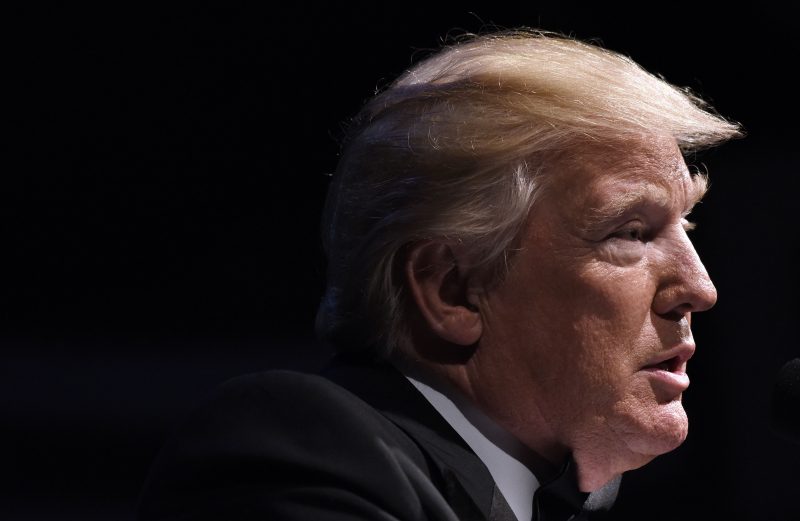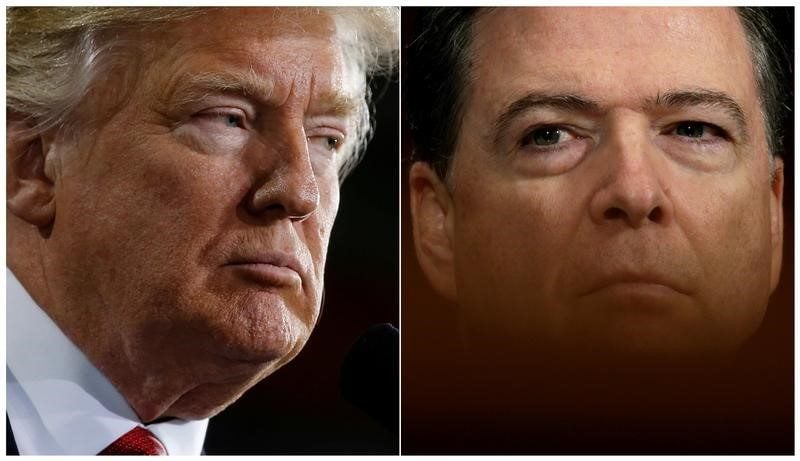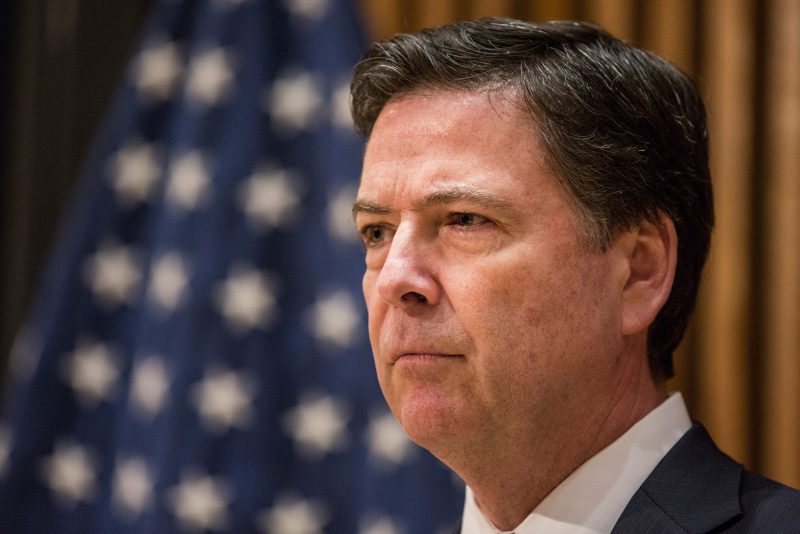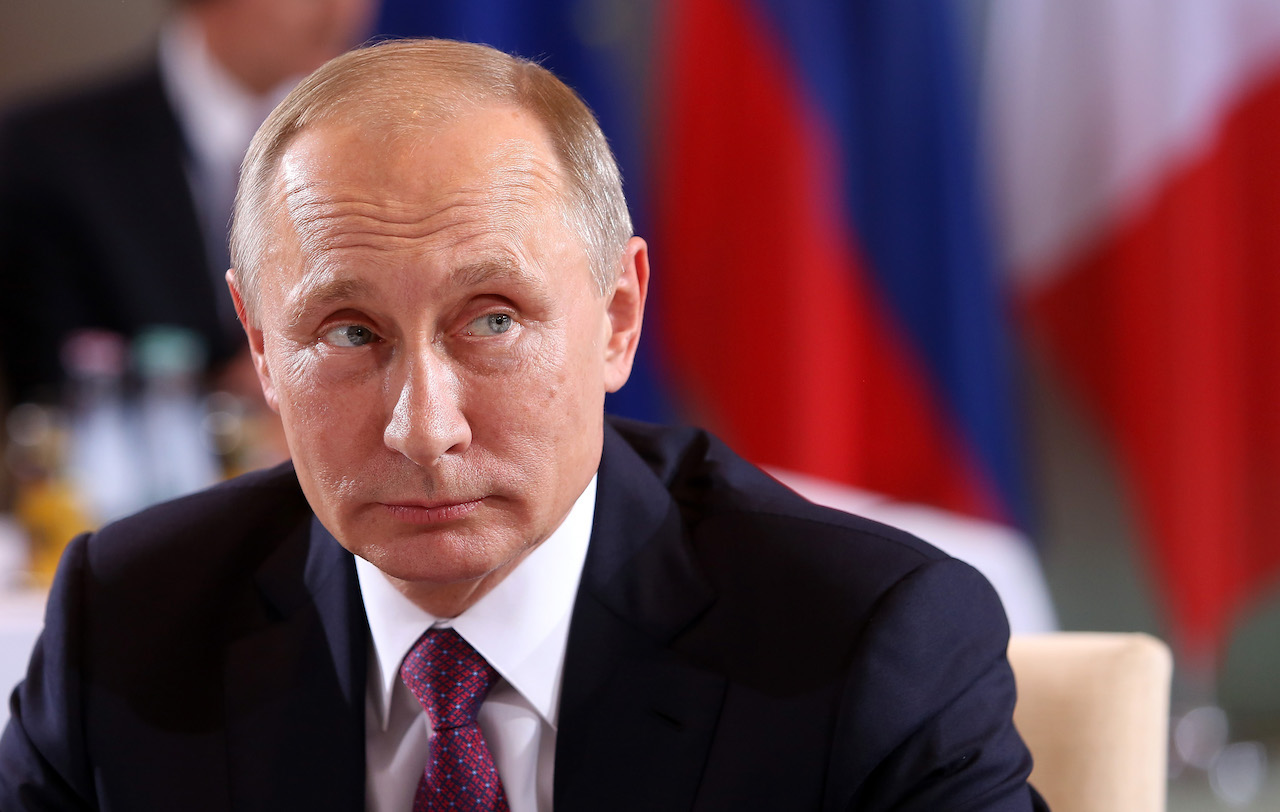A leaked NSA document determining that hackers connected to Russian military intelligence tried to breach US voting systems days before the 2016 election has national security experts and former intelligence officials reeling.
Russian military intelligence, according to the document, launched an attack on at least one US voting-software supplier and sent so-called spear-phishing emails to at least 100 local election officials shortly before the election.
In addition to being the strongest public indication so far that Russia interfered in the US election, the document also indicates that Russian hackers may have “penetrated further into US voting systems than was previously understood,” The Intercept, which first published the document, reported.
A US intelligence official contacted by The Intercept said the document’s findings were not necessarily definitive and warned against drawing too many conclusions from the analysis. The Intercept said it was unclear from the document whether the hackers had an effect on the election’s outcome.
But others in the national security apparatus expressed alarm.
"This is indeed a big deal," said Bob Deitz, a veteran of the NSA and CIA who worked under presidents Bill Clinton and George W. Bush. "We are lucky that US presidential elections are so localized that it is difficult to do an effective hack."
Claire Finkelstein, a professor and national security expert at the University of Pennsylvania Law School, said of the document, "Wow, this is huge."
The leaked report is "evidence for the public now to see yet another example of quite a coherent operation" by the Russians, said Glenn Carle, a CIA veteran and former spy. "And that is significant."
The clearest indication yet of a cyberattack
The document's findings seem to more clearly indicate an attempted Russian cyberattack on the US electoral system than past findings did, Finkelstein said.
"We tend to associate this kind of stuff with China and North Korea," Finkelstein said. "Technologically advanced societies like ours are often soft targets, and there is every reason to expect Russia to engage in this kind of activity."

The US intelligence community determined in 2016 that there was ample evidence of Russian interference in the election and that Russian President Vladimir Putin was directly involved. The intelligence community also concluded that Putin specifically chose to help candidate Donald Trump at the cost of Hillary Clinton and to cast her in an unfavorable light.
But until the NSA's report, dated May 5, was leaked earlier Monday, Russian influence during the 2016 election was gauged to be a largely covert operation. This latest document suggests that Putin's activities were far more overt.
According to the document, the attack was conducted by the GRU, a Russian military-intelligence outfit. "That's no longer just covert activities like email hacking and dissemination of fake news," Finkelstein said. "This starts to look much more like a cyberattack." Though the definition of a cyberattack has not been universally agreed upon, "it could certainly look like a military attack on US interests," Finkelstein added.
Trump likely to be highly scrutinized
Experts say the next thing to look out for is Trump's reaction to the document. The president has in the past sharply criticized leaks of sensitive or classified information to the press, and he recently ordered the Department of Justice to crack down significantly on people who leak information.
Trump's response to the NSA's document will be critical, Finkelstein said: "If he does not decry this interference or attempted interference with the machinery of democratic processes in the US, that in and of itself will be highly suspect."
During the transition period and numerous times after assuming office, Trump lambasted the intelligence community for what he said was a politically motivated conclusion that Russia meddled in the election to hurt Clinton and help him.

The timing of the document's publication has raised further questions, since it came to light three days before former FBI Director James Comey was set to testify before the Senate about conversations he had with Trump as part of a broader inquiry into the Trump campaign's ties to Russia.
Comey was fired May 9 - four days after the NSA document, which Trump as president would have been briefed on, was compiled by the intelligence agency.
The document "could have been a meaningful event that had an impact" on Trump's decision to fire Comey, Carle said. The White House's stated reasons for firing Comey have varied. Initially, the White House said Trump's decision was based entirely on the recommendations of Deputy Attorney General Rod Rosenstein and Attorney General Jeff Sessions. Later, the president said he had been considering firing Comey for a while and that Rosenstein's memo sealed the deal. Afterward, Trump said he was going to fire Comey regardless of Rosenstein's recommendation.
He told NBC News' Lester Holt that "this Russia thing" had been a factor in his decision, and he reportedly told Russian officials that firing "nut job" Comey had taken "great pressure" off him.
The NSA document adds yet another layer to what Carle called a "growing scandal" involving the president and his associates.
Finkelstein said it was "highly suspicious" that the document was dated four days before Comey was fired. "I suspect that whoever leaked it now was trying to facilitate Comey's conversation with Congress by putting a few more cards on the table," she said.
But a leak of classified information does not declassify it. Comey, who has been tight-lipped in the past when it comes to discussing sensitive or classified information, is unlikely to address it during his testimony, "despite the fact that he was likely tracking the report and many others like it," Finkelstein said.
Comey would have been privy to the information, given the frequent collaboration between the FBI and the NSA, and he may also have been involved in trying to identify further instances of Russian interference and potential collusion with the Trump campaign. "So, the investigation into Trump's ties to Russia may go deeper than we have been assuming up until this point," Finkelstein said.

Another dilemma
These latest revelations may also point to a potential bind that top intelligence officials could find themselves in.
"What do you do if you're serving the president, and this is information he has to know," but it relates to a topic in which Trump's and his associates' ties are being examined as well, Carle asked.
Law enforcement and investigative officials typically do not inform the subjects of investigations of their findings. "But in this instance, that is the chain of command," Carle said.
Trump's fuzzy relationship with Russia also adds another wrinkle to fallout after the release of the NSA document, because it raises questions about whether nations with interests that are antithetical to US interests can be considered enemy nations when the president himself has not clearly outlined them as a threat.
"As commander-in-chief of armed forces, the president identifies who constitutes a threat to the US," Finkelstein said. "If, however, there's a clear attack on the US of a military nature, and that includes a cyberattack like this one conducted by Russian military intelligence," then the president's definition of what constitutes an enemy nation may start to carry less weight, Finkelstein added.
One of the steepest threats arising from the latest revelations about a deeper penetration of US voting systems, Deitz, the NSA and CIA veteran, said, was to democracy itself.
"Democracies ultimately rest their legitimacy upon fair elections," he said. "And if people believe that elections are rigged or otherwise corrupt, they will lose faith in them."

